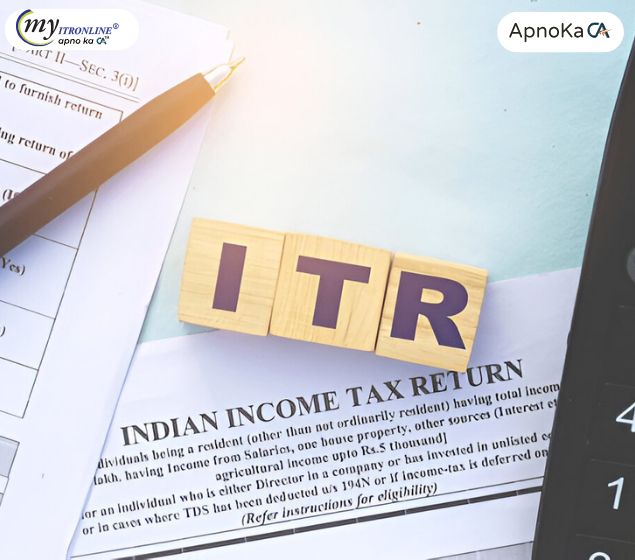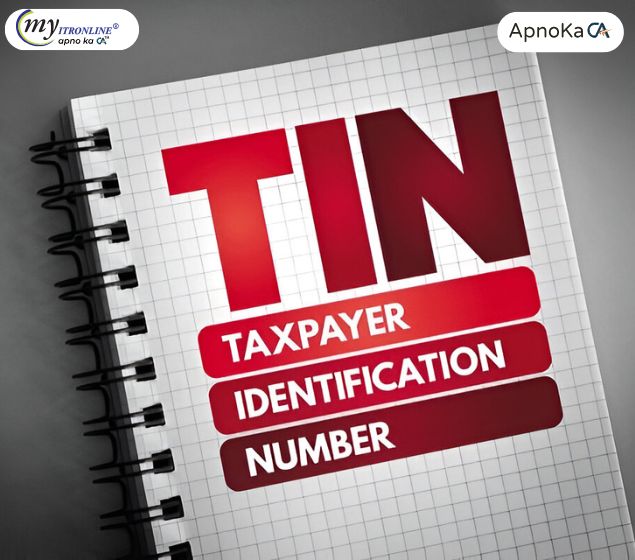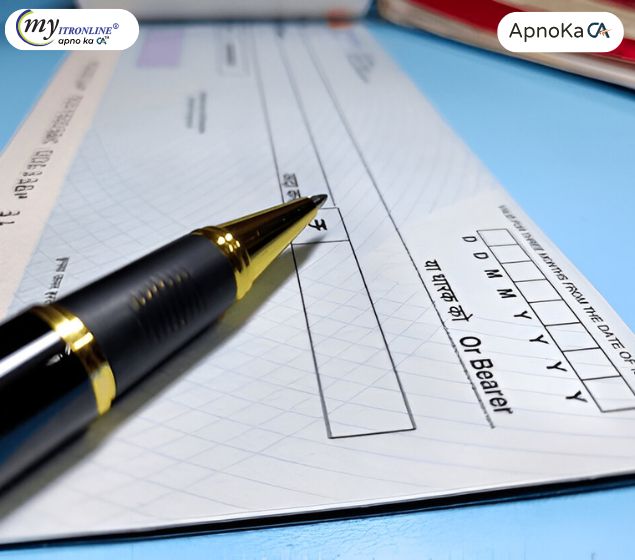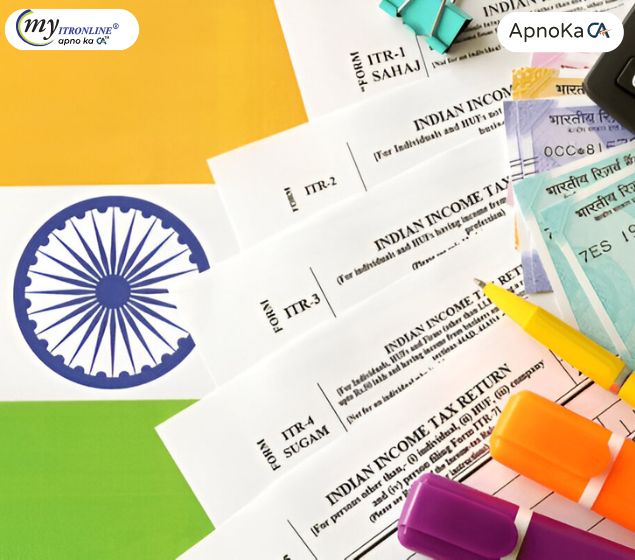# apnokaca
12 posts in `apnokaca` tag
.jpg)
Avoiding Penalties Under Section 271B: Understanding the Need for an Income Tax Audit
This blog explains the mandatory income tax audit requirements under Section 44AB for Indian businesses and professionals, detailing the various turnover and gross receipt thresholds. It highlights the significant penalties imposed by Section 271B for non-compliance, alongside conditions where penalties can be avoided due to 'reasonable cause.' The post also emphasizes the broader benefits of an audit beyond just avoiding penalties, such as enhanced credibility and financial accuracy.

Major Update: You Can Now File ITR-U for the Past Four Years!
The Income Tax Department has announced a monumental extension for ITR-U (Updated Income Tax Return) filing, allowing taxpayers to rectify errors or omissions for up to four previous years instead of the prior two. This blog delves into what ITR-U is, the new extended deadlines, who is eligible to file, situations where it cannot be filed, the associated additional tax liability, and the myriad benefits this flexibility offers for enhanced tax compliance and reduced legal complications.

Understanding TIN: Importance, Application, and Verification Explained
This blog explores the crucial role of Tax Identification Numbers (TINs) in global tax systems. It explains what a TIN is, its significance, where and how it is used, how to apply for one, and the ways to verify its authenticity. Designed for individuals and businesses alike, it highlights why accurate TIN usage is vital for efficient tax compliance and administration.

New Cheque Bounce Laws 2025: Key Changes & Penalties Explained
In 2025, India will witness major changes in cheque bounce regulations aiming to enhance financial accountability. From increased penalties and real-time alerts to special courts and relief for technical errors, these rules target both prevention and faster resolution. This guide covers everything individuals and businesses need to know to stay compliant and avoid legal complications.

Tax Alerts: 9 Essential Updates to ITR-1, ITR-2, ITR-3, ITR-4 for FY 2024-25
The Income Tax Department has notified updated ITR forms (ITR-1, ITR-2, ITR-3, ITR-4) for FY 2024-25 (AY 2025-26) incorporating several crucial changes. This blog details 9 important adjustments, including relaxed eligibility for ITR-1/ITR-4, mandatory TDS section reporting, removal of Aadhaar Enrolment ID acceptance, detailed disclosures for tax regime options, bifurcated capital gains reporting, new treatment for buyback proceeds, raised asset reporting threshold, additional requirement for disability deductions, and streamlined capital gains sections, all aimed at ensuring accurate and compliant tax filing.
.jpg)
Attention GST Filers: Understanding GSTN's May 2025 Advisory on GSTR-3B Table 3.2
This post explains the GSTN advisory from May 2025 regarding Table 3.2 of GSTR-3B. It covers the table's purpose (reporting inter-state supplies to unregistered persons, composition taxpayers, and UIN holders), the previous plan for auto-population and making the table non-editable, the recent deferral of this change due to taxpayer feedback, and highlights the continued importance of accurate GSTR-1 filing despite Table 3.2 currently remaining editable. It serves as a guide for GST filers on this specific clarification.

Understanding 44AA, 44AB, 44AD, 44ADA for the Upcoming AY 2025-26
This post offers an in-depth overview of key Income Tax Act sections (44AA, 44AB, 44AD, 44ADA) applicable for AY 2025-26 (FY 2024-25). It details the requirements for maintaining accounting records and mandatory tax audits based on income/turnover thresholds. It also explains the presumptive taxation schemes for eligible small businesses (44AD) and professionals (44ADA), including updated limits and the implications of opting for or out of these schemes. The guide aims to clarify compliance duties for taxpayers

CBDT Notifies IRFC Zero Coupon Bonds: Tax Impact for Investors
The CBDT has notified IRFC's Ten-Year Zero Coupon Bonds under the Income Tax Act, potentially making the maturity proceeds tax-exempt under Section 10(15)(iv)(h). This offers a significant tax advantage for long-term investors compared to non-notified bonds.

PAN Card Holders Advisory
This blog post informs PAN card holders about the Income Tax Department's warning regarding a 10,000 penalty for specific violations, particularly focusing on the issue of holding multiple PAN cards. It explains the reasons for such violations, the relevant Section 272B of the Income Tax Act, other non-compliances attracting the same penalty, and provides essential guidance on how to prevent these issues and ensure PAN compliance.

AY 2025-26: Top 28+ Income Tax Return Errors and How to Avoid Them
Filing your Income Tax Return (ITR) for AY 2025-26? Avoid the 28+ most common mistakes that can lead to notices, penalties, or delayed refunds. This comprehensive guide covers identity, income reporting, deduction, procedural, and verification errors, plus new regime selection tips. Stay updated, file accurately, and ensure a smooth tax season!

AY 2025-26 Tax Guide: Important Updates for Senior Citizen Filers
This blog post provides an essential guide for senior citizens regarding their tax filing for Assessment Year 2025-26 (FY 2024-25). It explains the choice between Old and New tax regimes, highlights key tax benefits like higher exemption limits and specific deductions (80TTB, 80D), details the ITR filing exemption under Section 194P for those aged 75+, clarifies applicable ITR forms, and touches upon important upcoming changes for AY 2026-27, empowering seniors with crucial tax information.

GST Appeal Withdrawal Waiver Scheme: Key Advisory Details for Taxpayers
This blog post provides a detailed analysis of the recent GST Advisory concerning the Appeal Withdrawal Waiver Scheme. It explains the scheme's purpose, highlights the significance of the advisory, outlines the expected key points including eligibility and procedure, details the implications of withdrawal, and offers actionable steps for taxpayers considering this option to resolve pending GST disputes.
